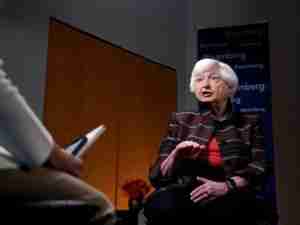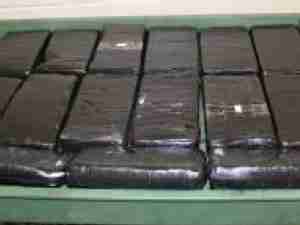The administration said technology alternatives to disputed chips and license agreements by some carriers led it to uphold a US International Trade Commission June 7 ban on imports of some high-speed wireless phones using the Qualcomm chips that were found to infringe a Broadcom Corp patent.
Qualcomm said it would file to appeal the case in the Federal Circuit Court of Appeals. It had asked the administration to veto the ITC ban, arguing it would hurt the US wireless industry, public safety and consumers.
Analysts and lawyers said they were not surprised by the decision, which was issued by US Trade Representative (USTR) Susan Schwab in a prepared statement.
Oppenheimer analyst Lawrence Harris said investors would now focus on Qualcomm's upcoming court battle.
"I've always felt their best chance was in the appeals court given that it's been rare for a president to over-rule an International Trade Commission ruling," Harris said.
But Lyle Vander Schaaf, a former ITC attorney, said the company could have a tough job overturning the ITC decision.
"It's an uphill battle to beat the commission in court," said Vander Schaaf, now an attorney at Washington-based general practice law firm Bryan Cave.
Qualcomm General Counsel Lou Lupin estimated it could take the court up to three weeks to rule on whether it would impose an emergency stay on the ban and that an appeal could take six to 12 months.
WORKAROUND OR LICENSE
The patent in question extends battery life in phones when they are outside the range of their network.
The second- and third-largest US mobile service providers depend largely on phones with Qualcomm chips for high-speed wireless services. The ban also affects phone makers such as Samsung Electronics Co Ltd and LG Electronics, Inc .
The No. 2 US service provider, Verizon Wireless, a venture of Verizon Communications and Vodafone Group Plc , withdrew support for Qualcomm's efforts to reverse the decision as it announced on July 19 that it agreed to pay up to $200 million in licensing fees to Broadcom to avoid the ban.
Schwab cited licensing pacts signed by two major service providers as part of her reasoning for upholding the ban.
"While we recognize legitimate concerns that certain market participants and others have expressed regarding the potential effects of these orders, we believe that steps are being taken to address those concerns," Schwab said.
Schwab did not name the second provider. In an interview with Reuters, Qualcomm's Lupin cited "strong rumors" that AT&T, Inc., the No. 1 US mobile provider, had forged an agreement with Broadcom.
AT&T, which depends less than rivals on phones with Qualcomm chips, declined to comment on whether it had an agreement with Broadcom, as did Broadcom.
Leigh Horner, a spokeswoman for Sprint Nextel Corp , the No. 3 US mobile service provider, said Sprint did not have a pact with Broadcom and would "directly" file to appeal the ITC ban, which could hurt the company.
Schwab also pointed to work on non-infringing software that could help them avoid the ban.
Lupin said while the legal uncertainty around the case was still "significant," the company was increasingly confident that a technology work-around it had developed would avoid the ban for it and its customers.
Sprint's Horner said the company was already importing phones using Qualcomm's work-around, which she said did not affect the performance of the phones.
Neither Lupin nor Horner would name the phone manufacturers who were using the work-around or say whether the phones in question were already on sale in the United States.
Broadcom litigation vice president David Rosmann said the company had not been able to review the work-around.
"They've not approached any court to obtain a finding that they have a non-infringing alternative," Rosmann said.
As part of the








